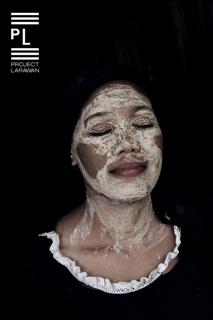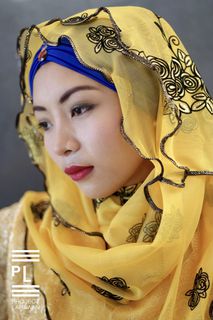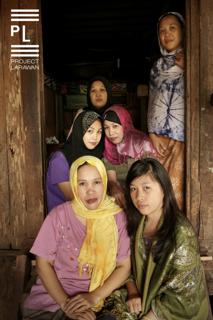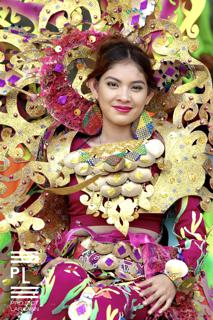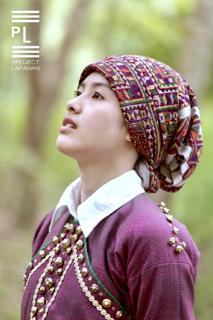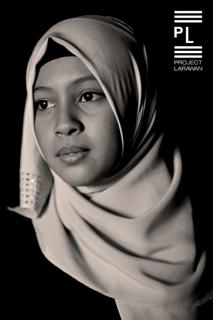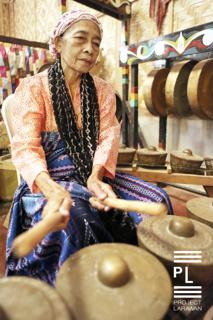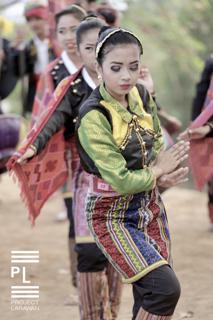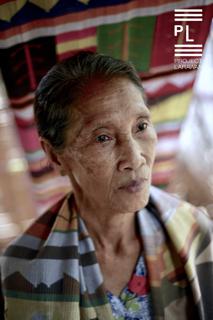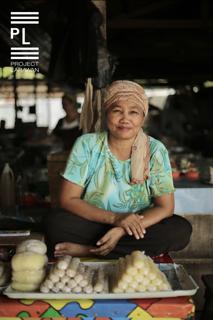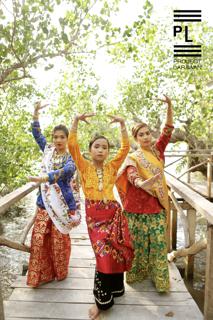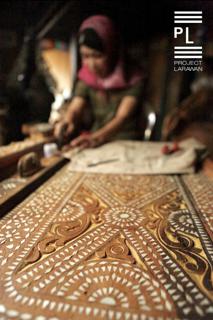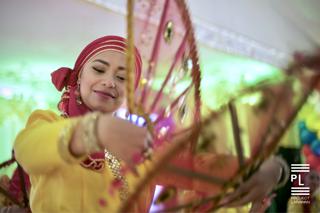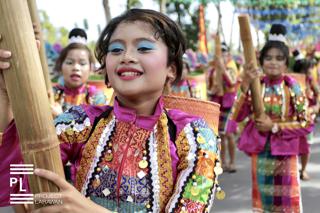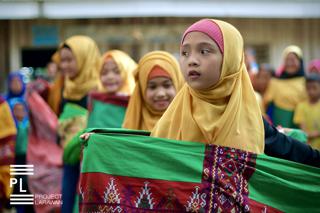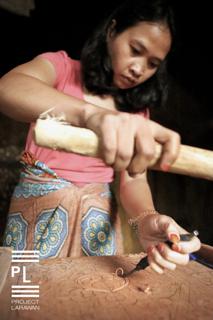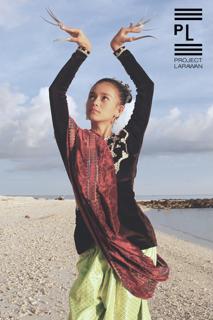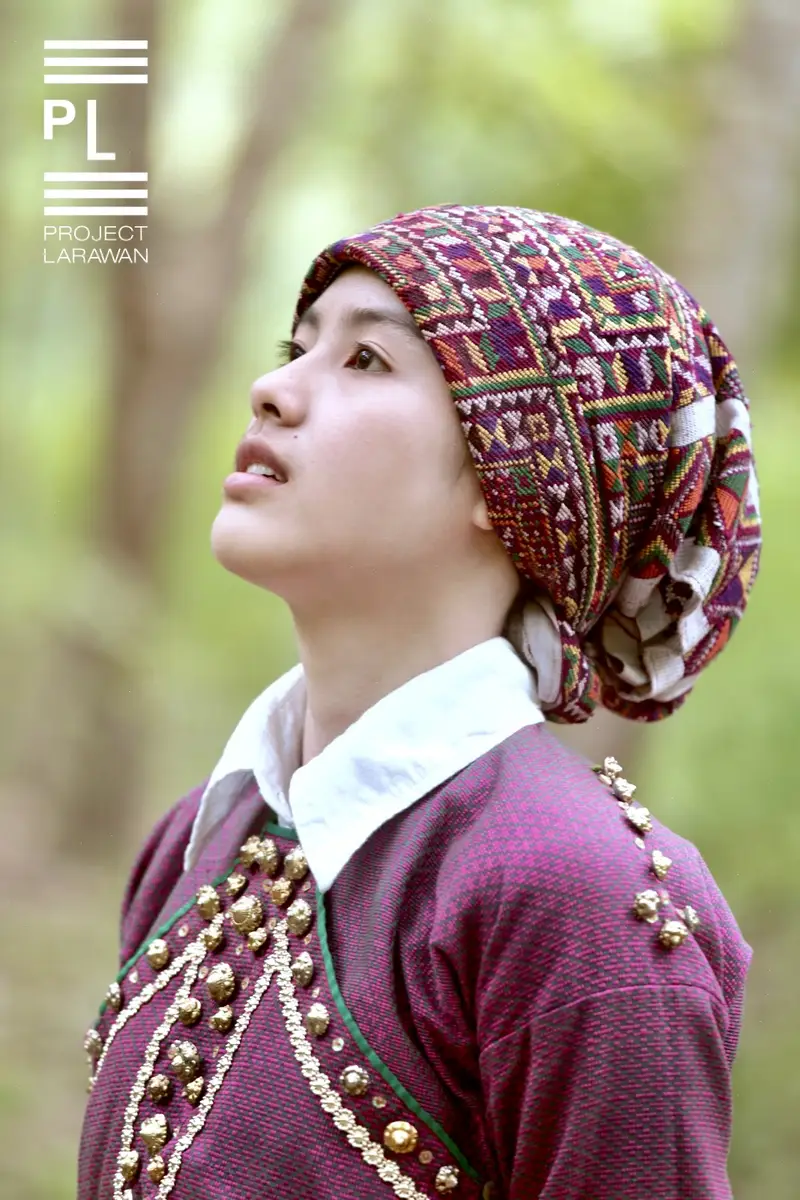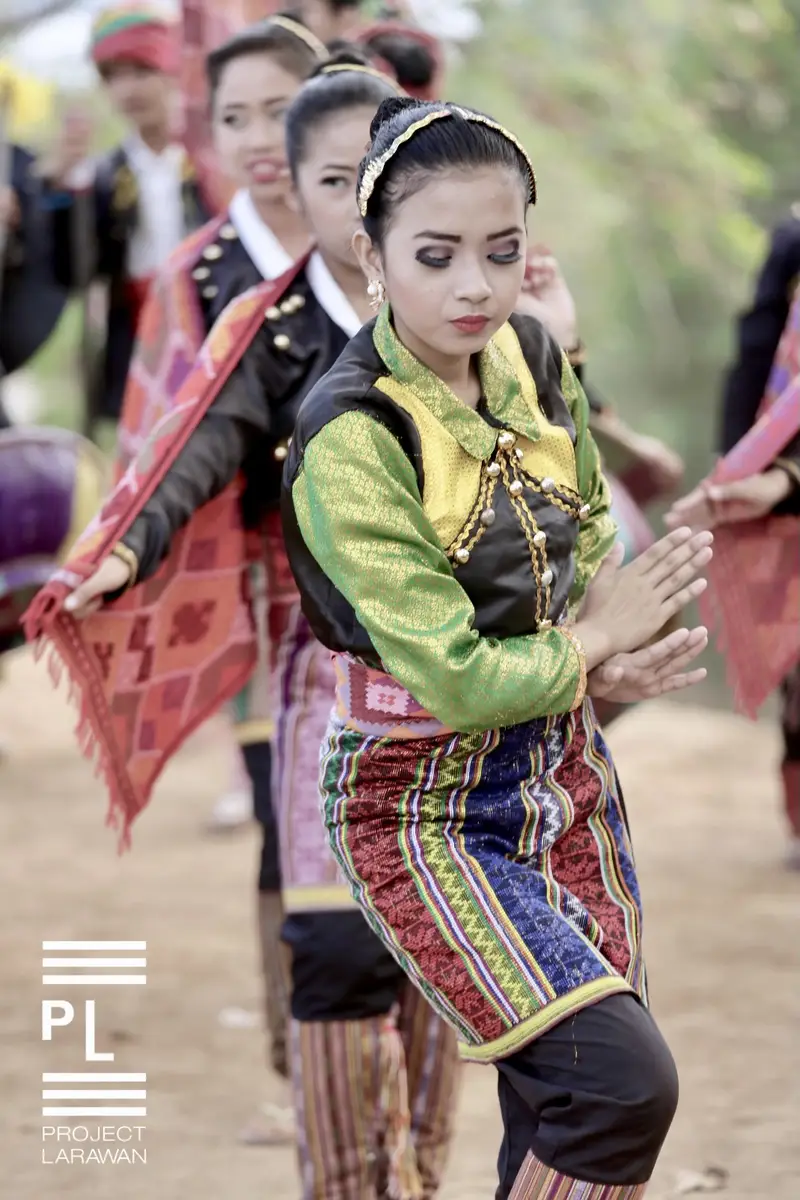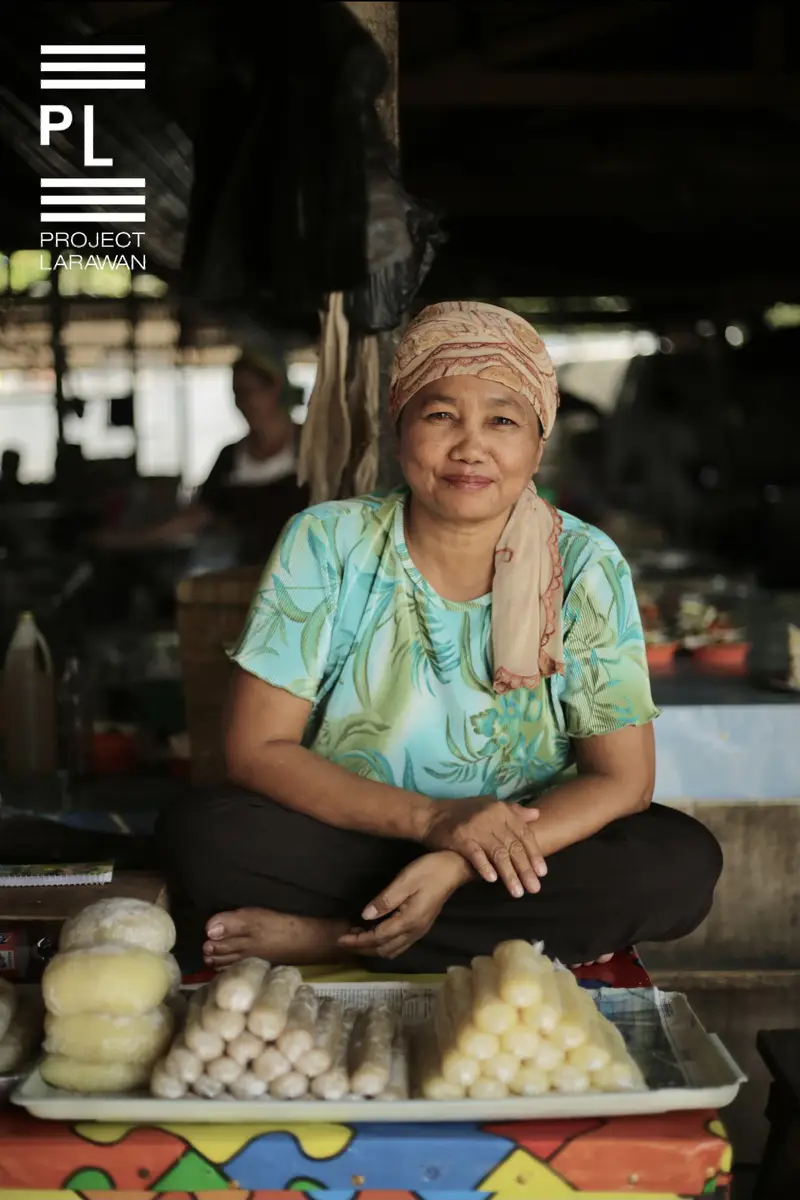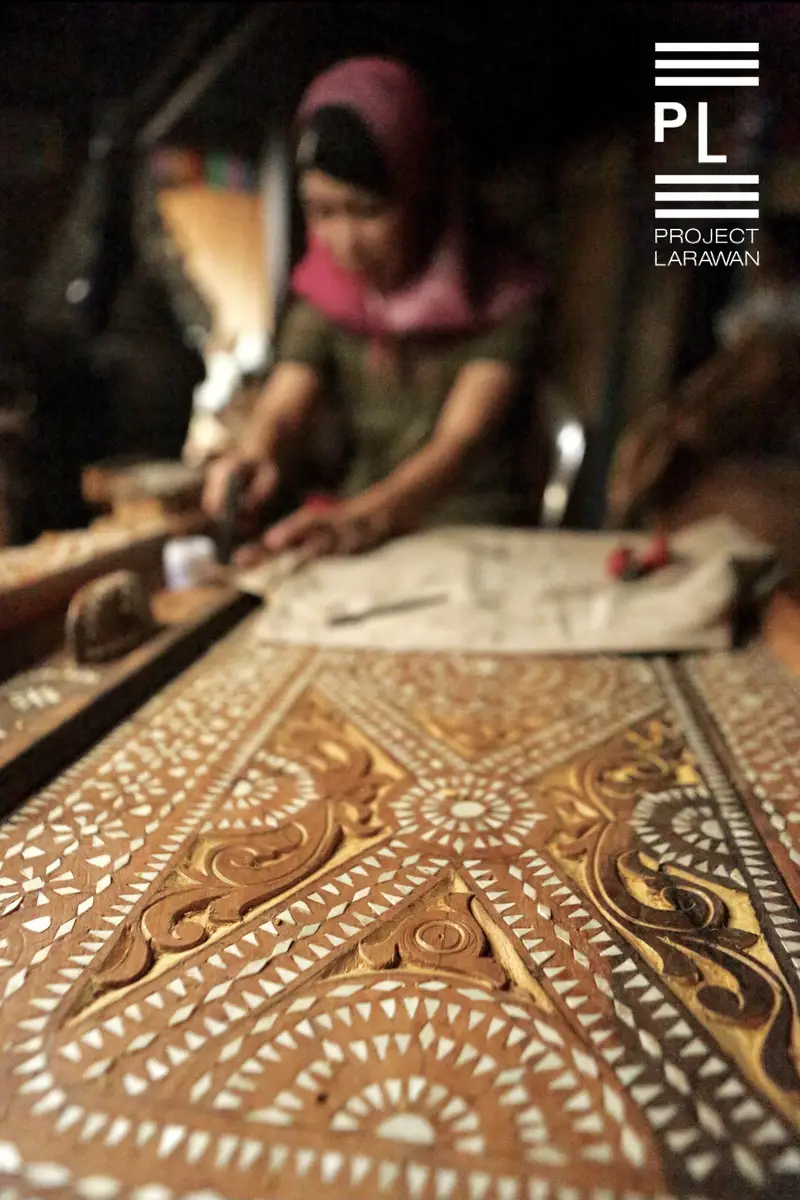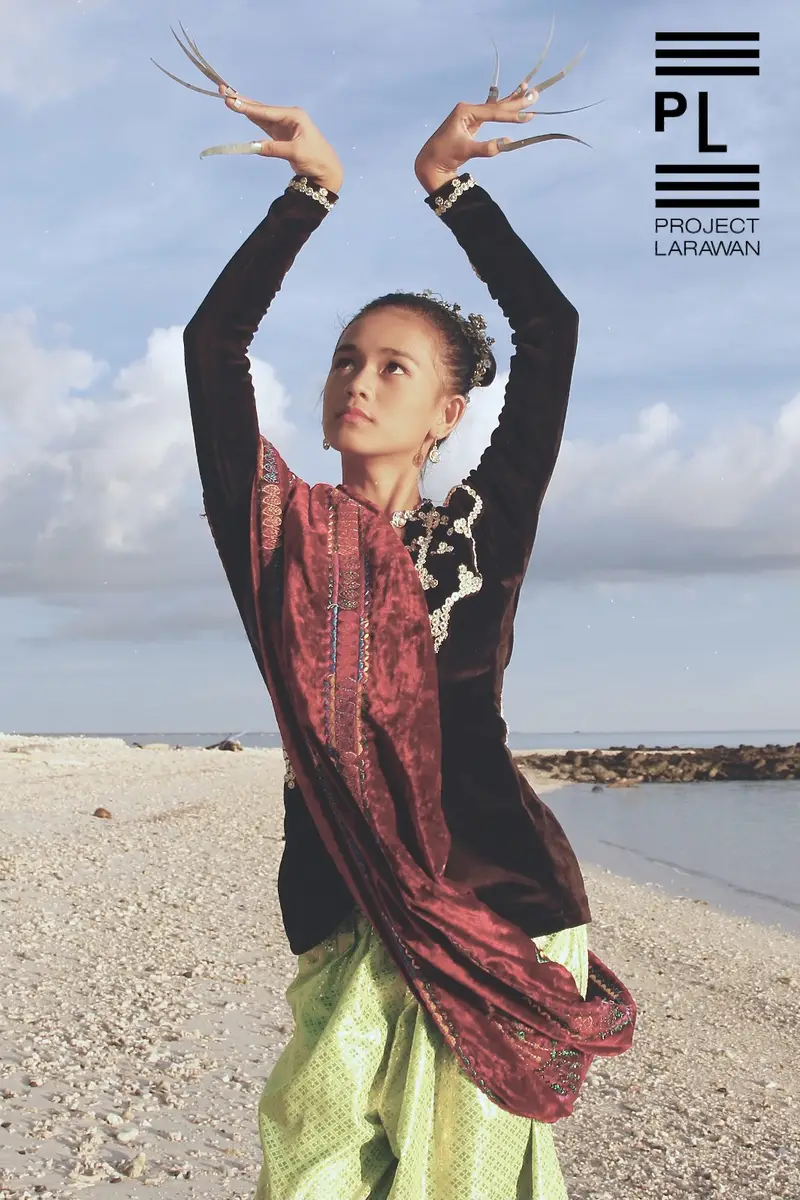The Bangsamoro Autonomous Region
Islam is the common attribute that aggregates the provinces of Basilan, Lanao del Sur, Maguindanao, Sulu and Tawi-Tawi as a single collective, uniting the different Moro groups under one classification. Islam is the utmost influence, determining an all-embracing way of life and conduct founded on the Qur’an, shaping all aspects of existence.
There is a lot more, however, to the indigenous people of Muslim Mindanao than just their religion. The narratives of this region are varied, abundant, profound and complex. Regrettably, contemporary discussion does not delve as much into the histories and nuances of the different ethno-linguistic Moro groups. The outsider sees a homogenous assembly of Muslims without consideration and appreciation of the various indigenous inhabitants and their diverse historical contexts. Under the larger category of Muslim Mindanao, the finer details are lost.
The Tausug, Yakan, Maguindanaoan, Meranao, and Bajau, for instance, are very unique, and have richly distinct histories of self-determination.
The Meranao’s centuries-long seclusion has led to a particular kinship structure that is segmented. In contrast, the Tausug have been ruled for over 500 years as a sultanate by a royal house.
The Yakan of Basilan prefer to live inland and in not too dense communities, while the Bajau insist on settling above water, on houses on stilts along the coasts or in the middle of the sea, despite the abundance of land.
The essence of Maguindanao cannot be appreciated separately from the Rio Grande and its ebbs and flows which influence the lives of the people of the inundated plains.
Thus, there is a wealth of narratives that can be gleaned when you scan the wide panorama of the region’s multi-ethnic chronicles and composition.
The prevailing national majority views the Philippines from a myopic and predisposed perspective and believes in a singular psyche and identity, when the reality is that there is no sole identity but, rather, pluralistic characterizations and aspirations of an extensive array of people who comprise the fabric of Philippine society.

